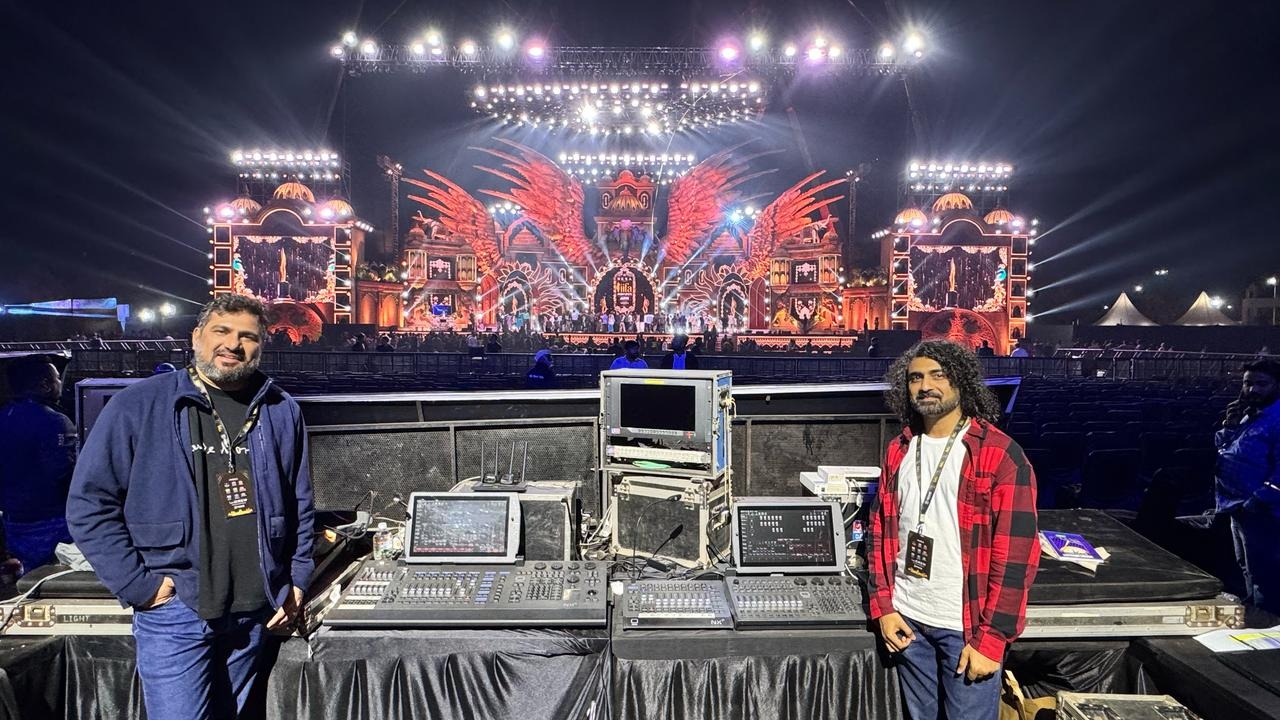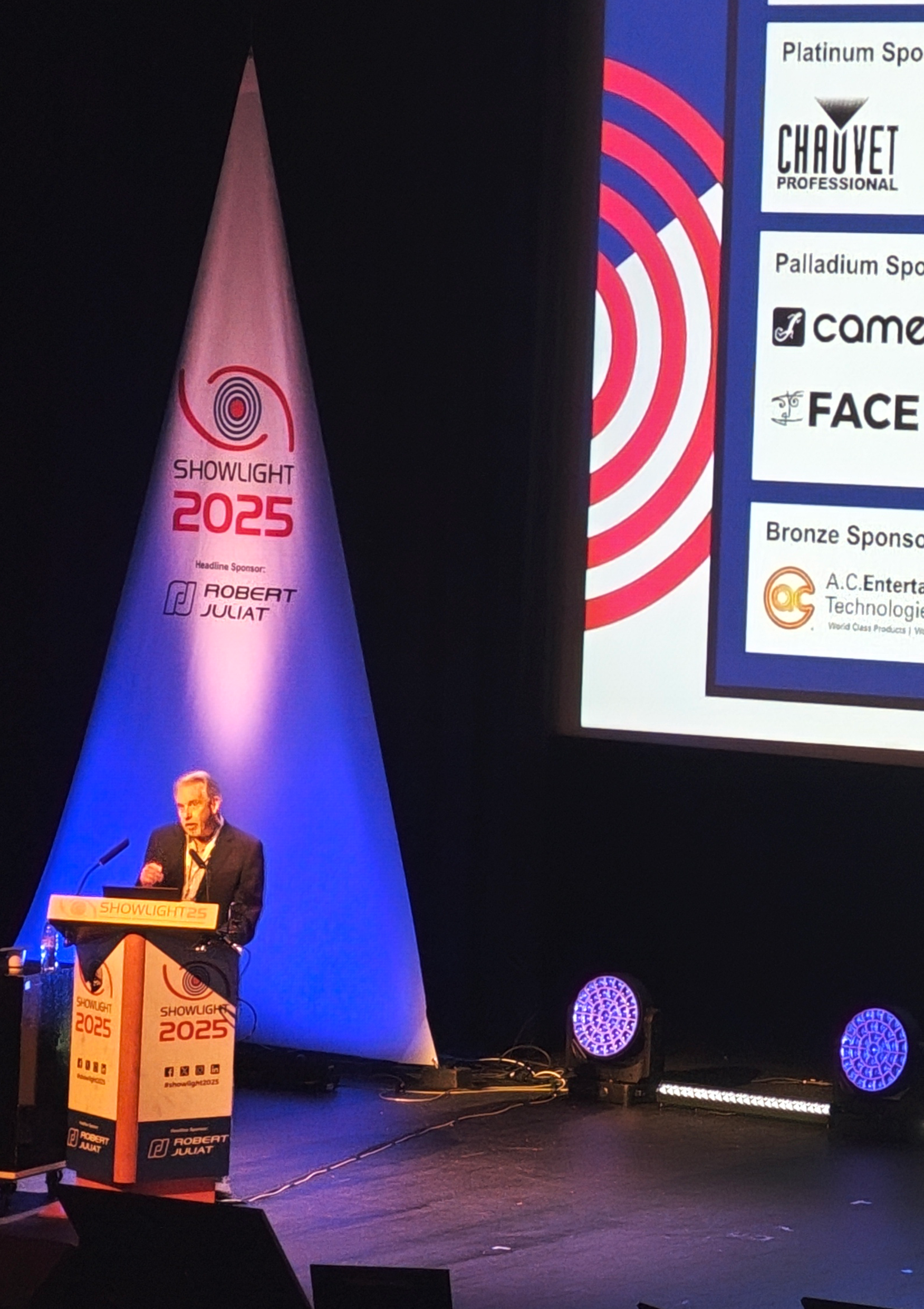AMSTERDAM – This year ARRI served as a partner of the International Documentary Film Festival Amsterdam (IDFA), sponsoring two awards, hosting several popular events and showcasing the versatility of the company’s AMIRA camera.
More details from Arri (www.arri.com):
Attended by almost 2,500 international documentary professionals and comprising 11 days of film screenings, industry events and panel discussions, IDFA is a key event on the filmmaking calendar. From 19 – 27 November, ARRI hosted nine filmmakers’ breakfasts in Amsterdam’s Café de Jaren, where guests had an opportunity to find out all about the ARRI AMIRA camera, which is trusted by documentarians worldwide. ARRI also sponsored two filmmakers’ dinners on 21 and 23 November, to which directors and cinematographers with movies in competition were invited.
Festival-goers were quick to take advantage of being offered a hands-on look at the AMIRA, hailed for its multi-purpose adaptability and single-user ergonomics. Markus Dürr, AMIRA Product Manager, answered questions and updated filmmakers on ARRI’s latest innovations. He commented: “It was a great honor for us to be part of the IDFA universe, having a chance to meet all the brilliant filmmakers and letting them get in touch with our products, particularly our AMIRA camera, which we consider to be a very suitable tool for documentary filmmaking.”
ARRI sponsored two prestigious awards at IDFA 2015. The ARRI IDFA Award for Best Student Documentary, accompanied by a EUR 5,000 prize, went to Melissa Langer’s MY ALEPPO, which centers on the everyday lives of a family escaping their war-torn, native land. Director Tamar Kay picked up the IDFA Special Jury Award for Best Student Documentary – and with it a voucher for the free use of an AMIRA on her next production – for THE MUTE’S HOUSE, which follows the chaotic family life of a young Palestinian boy living in the Israeli quarter of Hebron.
The three-member international jury praised Langer’s subtle handling of themes including separation, melancholy, confusion and regret, and commended the filmic playfulness of the interaction between the camera and the protagonists in Kay’s film.



